“Somehow it’s converting magnetic energy to radio waves much more effectively than anything we’ve seen before,” team leader Dr. Hurley-Walker said.
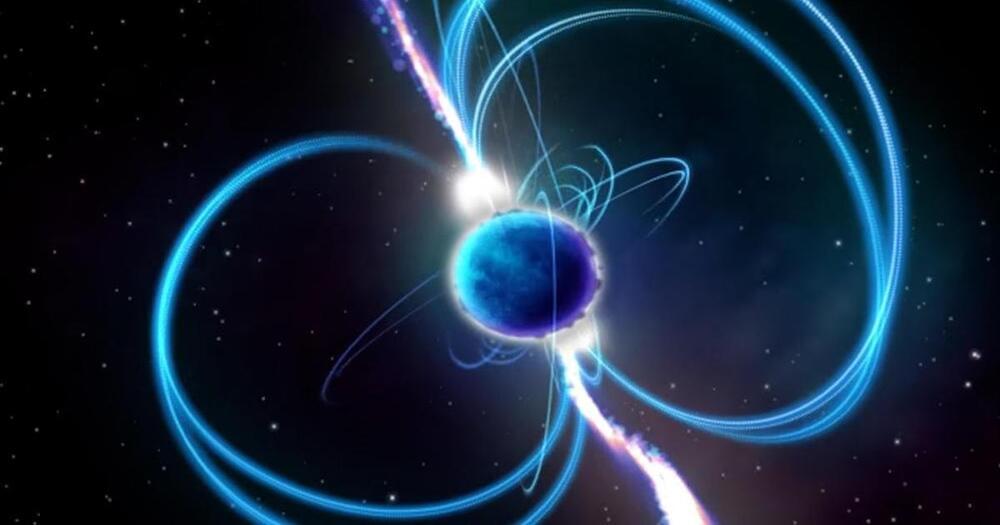

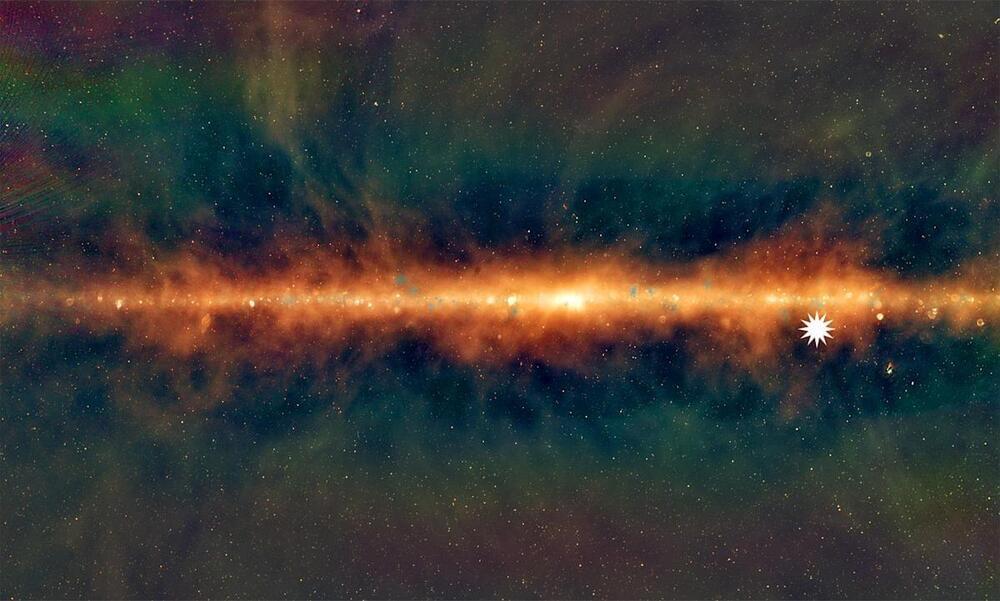

Researchers have developed a new technique, called MonoCon, that improves the ability of artificial intelligence (AI) programs to identify three-dimensional (3D) objects, and how those objects relate to each other in space, using two-dimensional (2D) images. For example, the work would help the AI used in autonomous vehicles navigate in relation to other vehicles using the 2D images it receives from an onboard camera.
“We live in a 3D world, but when you take a picture, it records that world in a 2D image,” says Tianfu Wu, corresponding author of a paper on the work and an assistant professor of electrical and computer engineering at North Carolina State University.
“AI programs receive visual input from cameras. So if we want AI to interact with the world, we need to ensure that it is able to interpret what 2D images can tell it about 3D space. In this research, we are focused on one part of that challenge: how we can get AI to accurately recognize 3D objects—such as people or cars—in 2D images, and place those objects in space.”
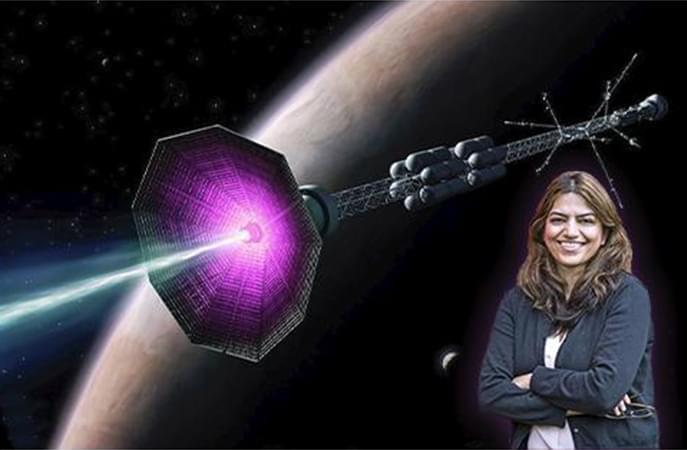

SOUTH BEND — The city council gave a unanimously positive recommendation Monday night for two tax abatements that could put South Bend at the epicenter of the hydroponic produce market in Indiana, and possibly the Midwest, for years to come.
JEM Farms South Bend plans to spend as much as $178 million on greenhouses and logistical equipment to grow tomatoes and strawberries throughout the year on land at Calvert Street and Renewable Drive, adjacent to the South Bend Ethanol Plant.
That facility would be located on land owned by Ceres Partners, the agricultural investment group located just south of the University of Notre Dame campus and the original investors in Pure Green Farms.
A team of researchers from the University of Arizona has proposed a “Lunar Ark” for preserving samples of 6.7 million Earth species in the event of a global crisis.
Be the first to know about the latest updates on COVID-19 pandemic, lockdowns, community quarantine, new normal, and Serbisyong Bayanihan.
We Serve the People. We Give Glory To God!
#SerbisyongBayanihan #UNTVNewsandRescue #LagingHandaPH
For news update, visit: https://www.untvweb.com/news/
Check out our official social media accounts:
https://www.facebook.com/UNTVNewsRescue.
https://www.twitter.com/untvnewsrescue.
https://www.youtube.com/untvnewsandrescue.
Instagram account — @untvnewsrescue.
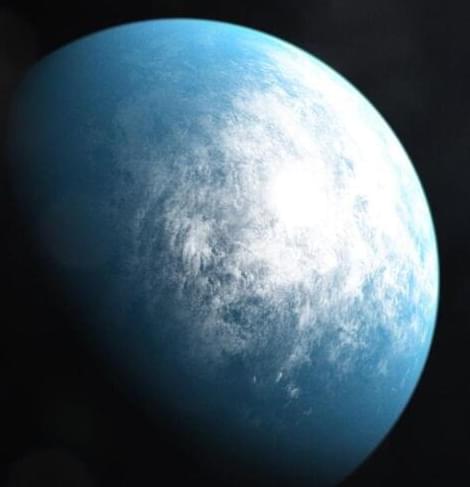
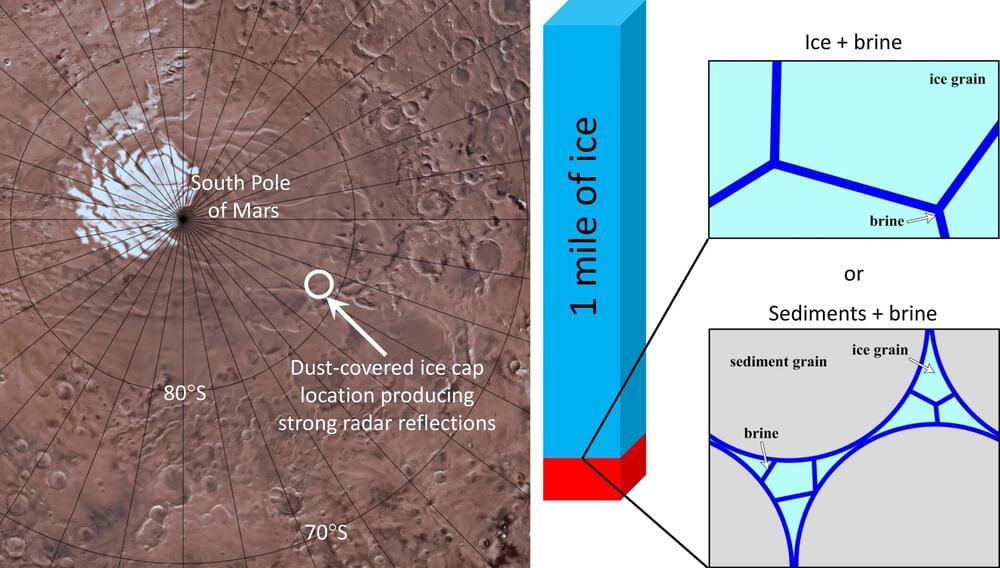
A Southwest Research Institute scientist measured the properties of ice-brine mixtures as cold as-145 degrees Fahrenheit to help confirm that salty water likely exists between grains of ice or sediment under the ice cap at Mars’ south pole. Laboratory measurements conducted by SwRI geophysicist Dr. David Stillman support oddly bright reflections detected by the MARSIS subsurface sounding radar aboard ESA’s Mars Express orbiter.
With a 130-foot antenna, MARSIS flies over the planet, bouncing radio waves over a selected area and then receiving and analyzing the echoes or reflections. Any near-surface liquid water should send a strong bright signal, whereas the radar signal for ice and rock would be much smaller.
Because conventional models assume the Mars south polar cap experiences temperatures much lower than the melting point of water, many scientists have questioned the presence of liquid water. Clay, hydrated salts and saline ices have been proposed as potential explanations for the source of the bright basal reflections. The Italian-led team investigating the proposed phenomena used previously published data, simulations and new laboratory measurements.
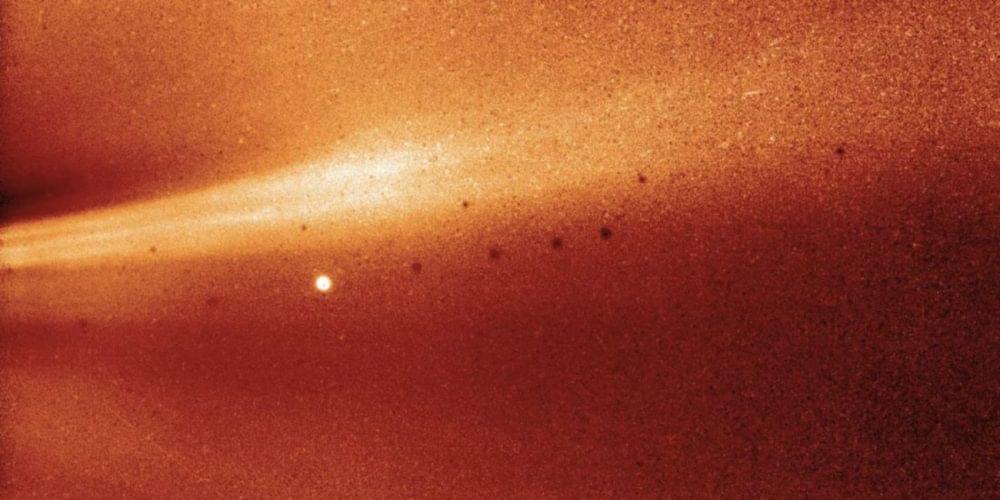
The photograph was captured by the probe’s WISPR (Wide-field Imager for Solar Probe) instrument when the spacecraft traveled at a distance of 16.9 million miles from the sun, inside our star’s corona.
The image shows distinct jets of solar material, dubbed coronal streamers, seen to the left/center of the image.
The bright spot you see in the above image is Mercury.
